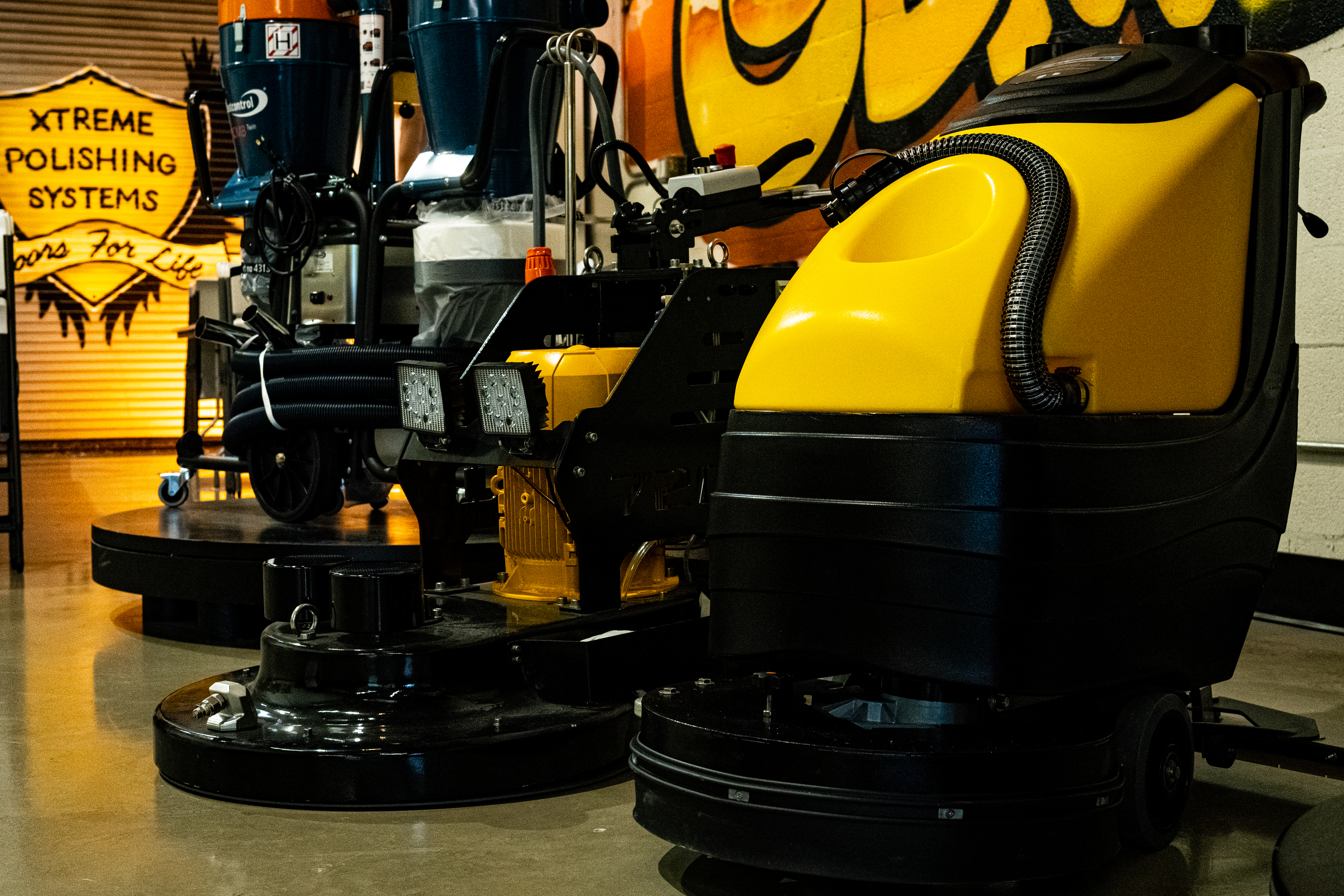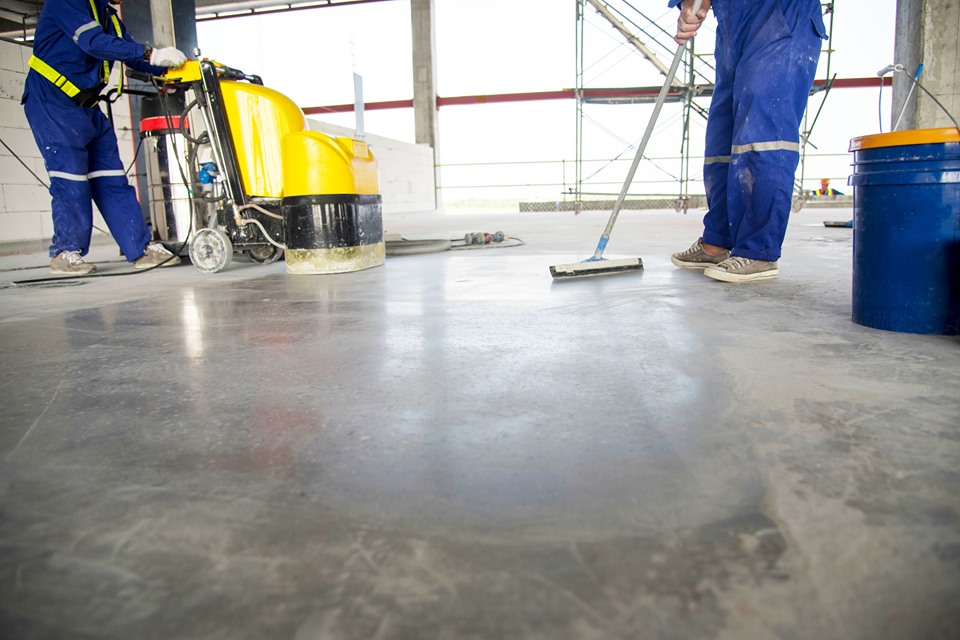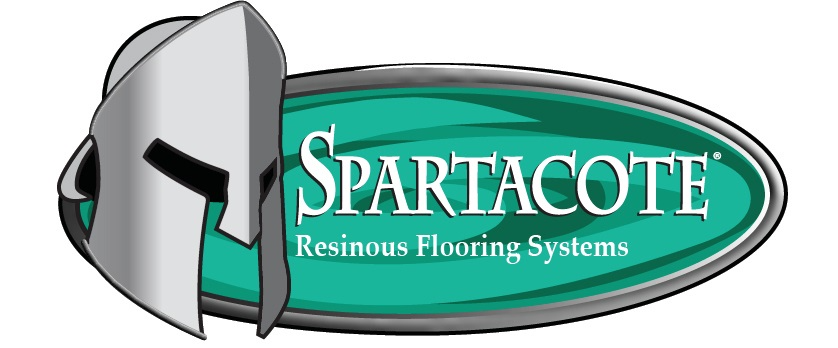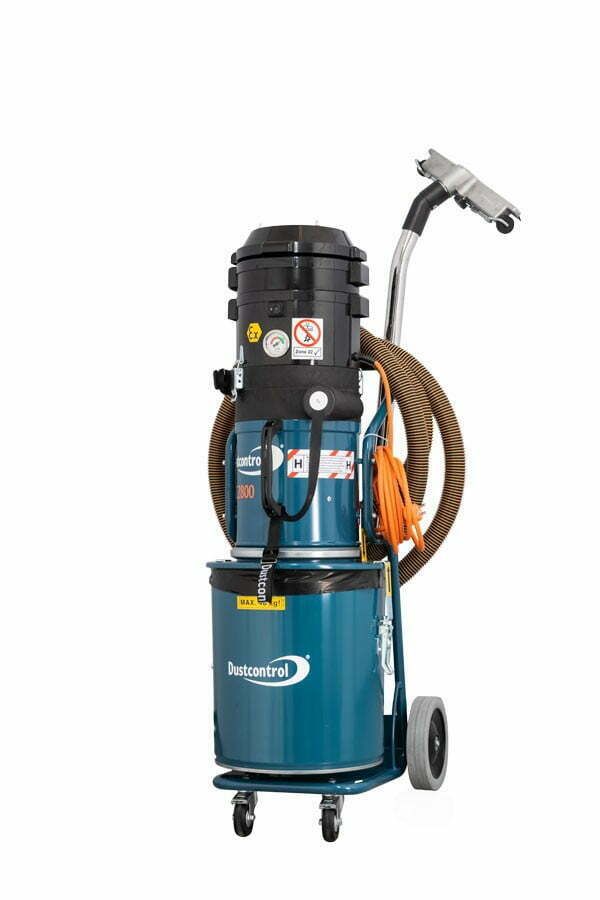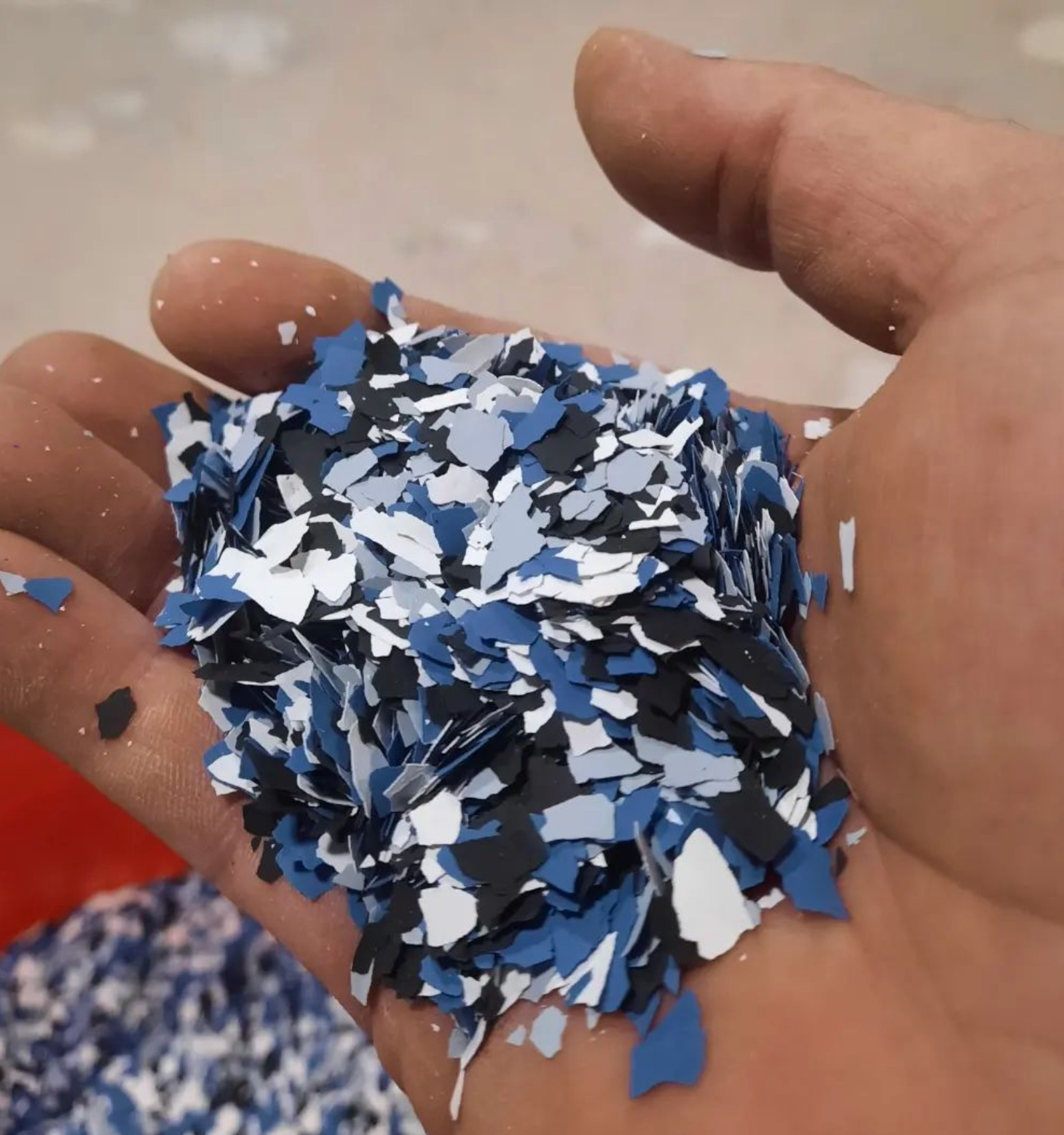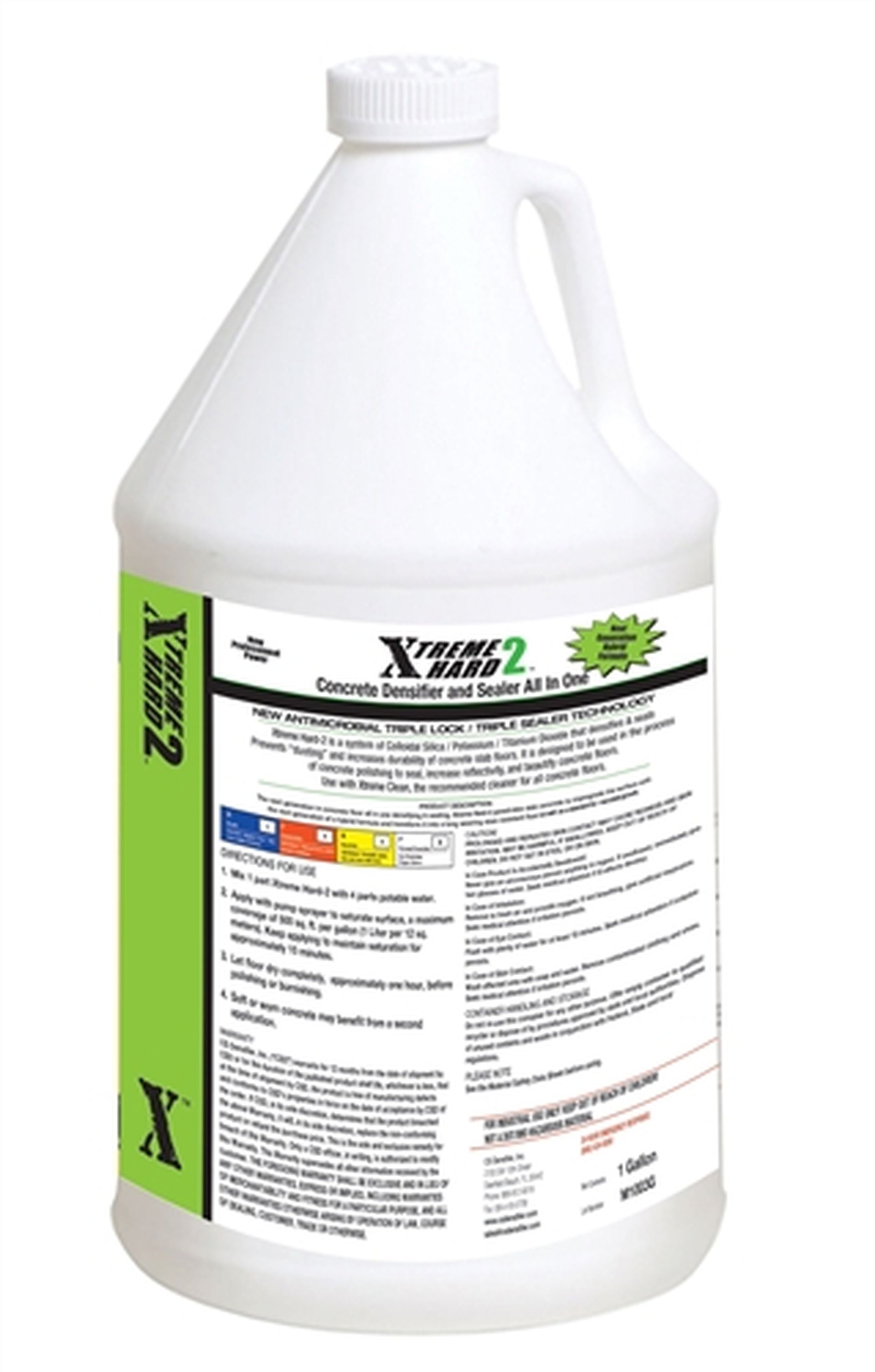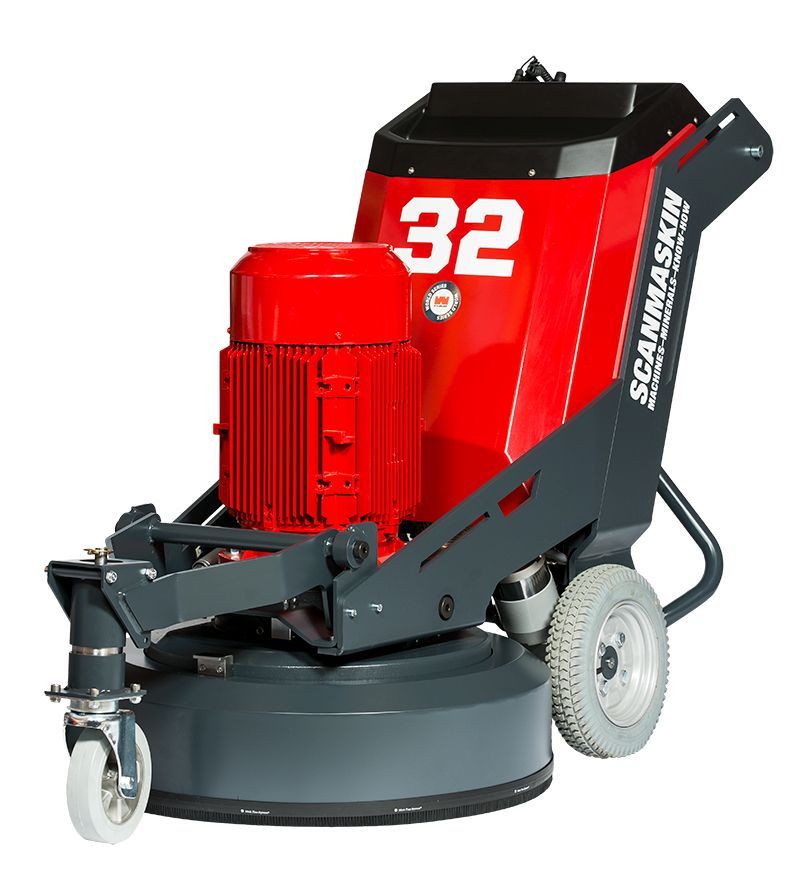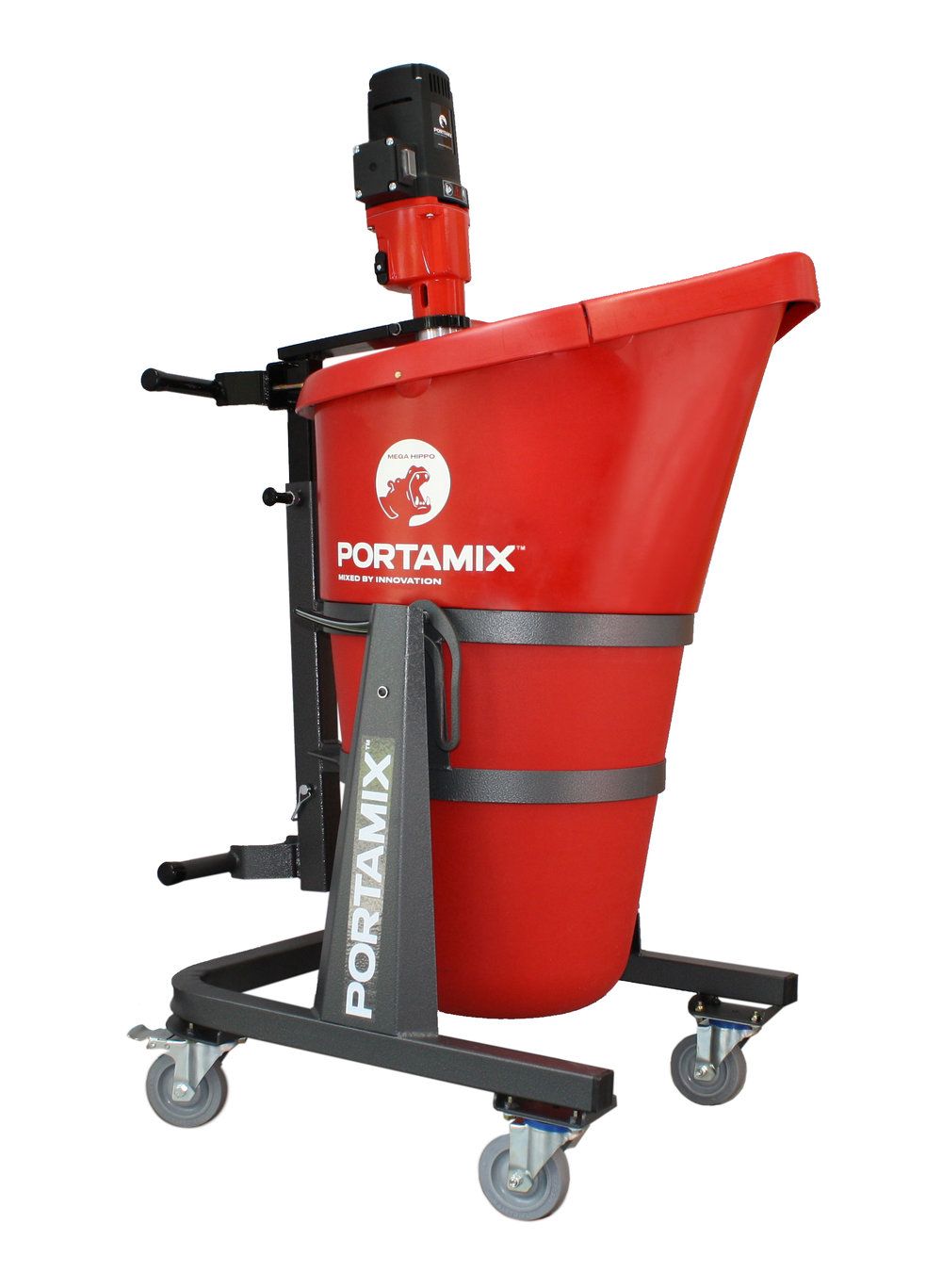Best Practices to Ship Epoxy and Chemicals in Cold Weather | Xtreme Polishing Systems
The end of the year is approaching us quickly! Most will take this magical time to celebrate the holidays, enjoy togetherness with loved ones, and of course eat some really good grub! In addition to all the holiday cheer, many of us will endure extremely frigid climate changes. In fact, each year about 33% of the Earth’s landmass endures seasonal snowfall and subzero temperatures. BRRR!!
Nothing burns like the cold
Despite all the holiday joy this season has to offer, businesses and shipping companies are currently in FULL Winter preparation mode to ensure the utmost protection for their freight shipments.
Xtreme Polishing Systems and supply chains alike take the initiative each year to reinforce and winter-proof their shipping procedures so their freight shipments are secured for the upcoming frosty seasonal impact. Products such as epoxies , concrete chemicals , and floor coverings potentially face the dangerous challenge of having to withstand freezing weather conditions, therefore must be planned accordingly to avoid any negative impacts caused by the harsh winter months.
So, what are the best practices to ship certain products in cold weather conditions, and how could these disruptions have a major impact on your company’s profitability? This article will discuss the potential effects of freezing temperatures on concrete products and epoxy materials once that are shipped and also the vital steps to consider if your business is directly impacted by these harsh conditions.
Winter-Proofing Operations 101
Winter delays are inevitable. Shipping freight in cold weather conditions means a lot of moving pieces are involved. Frigid temperatures are expected to cause unstable road conditions and that ultimately results in shipment delays for most of us. Naturally, the overall exaggeration from the holidays will also have a direct influence on transit times causing material shipments to get stuck at freight terminals and sit for long periods of time inside cold semi-truck trailers. Needless to say, the process for winter-proofing your shipping operations can be quite a handful.
There are specially formulated products that are considered much more vulnerable to such cold weather conditions compared to other types of products. This means it could cause potential damage or even ruin the formula mixture of these products if not stored and transported appropriately during the winter months. During this time of year, a product’s integrity is based entirely on it staying within strict thermal ranges (usually above 32°F) to remain its very best. Materials that are directly related to the concrete flooring and epoxy industries such as concrete coatings , chemical formulas , and floor covering materials are just a few examples of supply chain products that will require temperature management in cold weather conditions.
The following list provides the most commonly used concrete products and epoxy materials that are going to require temperature management:
- Resinous floor coating systems : epoxies, topcoats, urethanes, polyaspartics, polyurethanes, polyureas
- Architectural concrete products : integral concrete dyes, acrylic dyes, water-based and solvent-based concrete stains
- Chemical-based formulas : concrete floor cleaners and degreasers, concrete sealers, concrete densifiers and hardeners
- Cement-based floor coverings : cementitious overlays and underlayments, concrete toppings
Strategize, Plan, and Prepare
You may not be able to predict the weather, but you can certainly plan for it. Maintaining communication round-the-clock between your staff, vendors, and the establishment as a whole can help remarkably to prevent obstruction in shipping operations and avoid inconvenient disruptions. There are several challenges with logistics that corresponds with preparing for winter shipping.
Consider the following procedures to help improve your company’s distribution and keep freight running smoothly, no matter the weather:
- Deliberate scheduling – Weather conditions may alter delivery dates and arrivals so reserving couriers a few weeks or even months in advance is risky. Align deliveries with more dependable forecasts by keeping tabs on availability, and confirm your delivery trucks a few days before the ship date.
- Forecasting weather – Be sure to check your shipment destinations’ weather forecast before scheduling deliveries. Snow, rain, wind, and temperatures will all play a role in shipping delays.
- Extra delivery time – Choose shorter routes when possible. Be aware of and monitor the potential of road closures, slick conditions, and overturned vehicles that could develop at any time. Choose shorter routes when possible, especially if big storms emerge on the horizon.
- Prepare a backup plan – Talk to your carrier or 3PL partner about a fail-safe instead of simply admitting defeat. It’s much more advantageous to be overly prepared than having to deal with a total loss of a shipment from products that were damaged or totally ruined. This could potentially shatter your company’s shipping reputation.
- Economical services – Factor the mileage costs in the event that a courier is necessitated to take an alternate route. Be sure to consider upfront whether or not you will need particular services such as “Protect from Freeze” or “Deeper Temperature Control” as well.
By taking the additional time to determine the various weather-related risks this winter season brings while outlining all the potential challenges and strategizing a plan, you’re able to maintain fluently running operations. Training and accountability are also key factors in protecting freezable freight in the world of distribution. Embed top-notch training and safety practices for handling freezable products into every aspect of your shipping operation to be able to provide accurate and timely information.
All things considered, it is most ideal to exercise your team’s abilities and collect all your company’s existing shipping data that’s previously been generated over the years to analyze. These elements are what provide the best results of running a successful operation for product distribution.
Temperature-Controlled Freight Shipping
Anything that needs to remain at a specific temperature during transit is referred to as temperature-controlled freight shipping. That’s why carriers, warehouses, suppliers, and general contractors have to navigate challenges, adapt to unforeseen changes, and prepare for cold weather ahead of time to protect shipments from getting damaged. For installation purposes, it is very important to understand how different materials are affected by the surrounding temperatures dropping significantly.
Shipping companies should also partner with a transportation provider that possesses the right infrastructure, equipment, and personnel that is experienced in their sector to protect their products and materials during the winter season. This will help to ensure that temperature-sensitive shipments are protected from their place of origin down to their targeted destination.
Freight Couriers and Freeze Protection
The most valuable transportation providers will offer appropriate services for freeze-protection to defend every shipment they handle. This is a vital component for shipping in the winter season and typically includes loading docks, trailers, service centers, and warehouses that can be heated. This will assist in protecting distinct products and materials from freezing or being damaged due to the bitter cold forces of nature. Seek a provider who offers the ability to track and monitor your shipments properly no matter what their location might be
It is also essential to build good relationships with these types of couriers all year-round and not just during the winter season. This is crucial because it provides you with the necessary insight into their credibility based entirely on their annual performance. Besides, this helps establish a clear understanding with your freight shipping provider of your company’s overall expectations.
Epoxy Dangers in Cold Weather
Thankfully, the combination of cold weather conditions and shipping concrete coatings such as epoxy resins and protective topcoats will not permanently harm them. However, it may still cause the epoxy material to separate and its consistency may even thicken. Contrary to this, you can accommodate by simply allowing your concrete coating materials to return back to their proper temperature (typically above 75°F) before applying it.
Xtreme Polishing Systems’ team of professionals ALWAYS recommend first consulting the Product Data Sheet for a technical understanding of the product you are using. Technical Data Sheets (TDS) and Safety Data Sheets (SDS) provide users with important product details such as temperature requirements and other specifications that are vital to know before use. However, if you do attempt an epoxy coating application while the material is still cold, there are several risk factors that may concern you:
- Epoxy viscosity or “thickness” – The epoxy material will be noticeably thicker than it usually is when it is mixed or poured in cold temperatures. Epoxy, especially the self-leveling kind does not have a smooth flow which may affect the pour and cause fish eyeing, or the product may not level properly and there will be divots leftover in the application.
- Epoxy curing time – The colder temperatures cause the materials curing abilities to slow down drastically and that means the final time of completion will likely be extended. Project delays can wreak havoc and affect surface performance and the aesthetic look of the finish that was applied.
- Humidity complications – The escalation of humidity levels in the atmosphere when working in colder temperatures will likely affect your project. Moisture settling on top of epoxy that is uncured can lead to major surface defects and reduce the gloss levels of the finished application.
Chemical Dangers in Cold Weather
In addition to shipping them, concrete chemicals that are stored away for personal use also face climate risks. As with anything in nature, cold temperatures are going to slow things down, chemical cure times included. Most chemical-based solutions including concrete dyes, stains, sealers, cleaners, degreasers, and densifiers have to withstand the dangers of frigid seasonal temperatures. Chemicals have been known to become totally useless after they reach freezing temperatures once it’s applied. The application might not look or perform as expected, and that is quite unfortunate.
Tradespeople, do-it-yourselfers, and other types of laborers who prefer the challenge of working hands-on with their projects tend to manage their own unique arsenal of power tools, equipment, and chemical solutions for personal work. Concrete chemicals , in particular, are purchased in large quantities for the purposeful intention to be reused in due time.
For example, concrete driveways are favored throughout the DIY community because hiring a contractor, well let’s face it, gets very pricey! Sealing concrete driveways has gained such popularity due to the minimal amount of effort and the least possible amount of product/material that’s needed to achieve the task. Besides cost-effectiveness, sealed concrete driveways add an extra layer of strength for maximum surface protection while enhancing aesthetics to improve your home’s curb appeal. A laborer may choose to purchase a 5-gallon pail of concrete sealer even though a 1-gallon bottle of sealer covers the total perimeter of their driveway. Sealing concrete driveways is a routine task, so this was likely done intentionally so they have leftover sealer for future use.
Having extra chemicals stored away can be quite resourceful in that case, although if temperatures drop over the course of its storage, that chemical solution may have suffered due to freezing which means its bonding capabilities are damaged so the product becomes deficient.
The following practices are considered best to minimize the negative impacts of freezing conditions on concrete chemicals:
- Awareness, Awareness, Awareness – a vital factor for awareness is recognizing the freezing points. Freezing points help dictate how to properly store the chemical and how to use caution when handling or using the product which is commonly available in the Technical Data Sheet. Also, stay current on the latest updates regarding local weather forecasts so you are aware of snowstorms and extreme temperature drops that are soon approaching.
- Temperature-Controlled Chemical Storage – temperature-controlled storage rooms help tremendously for the shelf-life of chemicals in freezing climates. Be sure to store in a cool, dry place away from the sunlight. Segregation of your chemicals is also ideal because different chemicals have different temperature settings and requirements for safe storage.
NO Winter Lasts Forever
The economic value of products shipped and stored throughout each winter season is remarkable. There are several key factors clients and shippers must take into consideration to protect their products and materials until they reach their final destination.
By systematically evaluating your company’s product distribution and considering all the necessary storage regulations, you can build a truly cost-effective and successful operation for years to come. Companies of all sizes and levels of professionalism have taken the initiative to instill safety and protection measures so they maintain the most dynamic shipping services for distributing high-quality and performance concrete and epoxy products.
Concrete Resources, Expert Guidance, and Customer Support
Our complete Concrete Floor Guide and Epoxy Blog each exhibit helpful industry knowledge and resourceful product expertise for contractors, do-it-yourself individuals, businesses, and property owners seeking instant direction support.
The professionals at Xtreme Polishing Systems understand that each individual concrete surface must be treated differently based on the slab’s current condition, and it’s very common for unforeseen complications to occur after hours while still on the job site. Our clients deserve immediate access to expert tips and customer support that may be useful for various reasons which may occur in this ever-changing industry.
Questions? Our professionals are readily available to answer any questions or assist with your inquiries, so feel free to contact us at (877) 958-5732 with your questions and inquiries. Browse our website www.shopxps.com today for online purchasing , or call for our in-store/curbside pickup services.
You might also like
